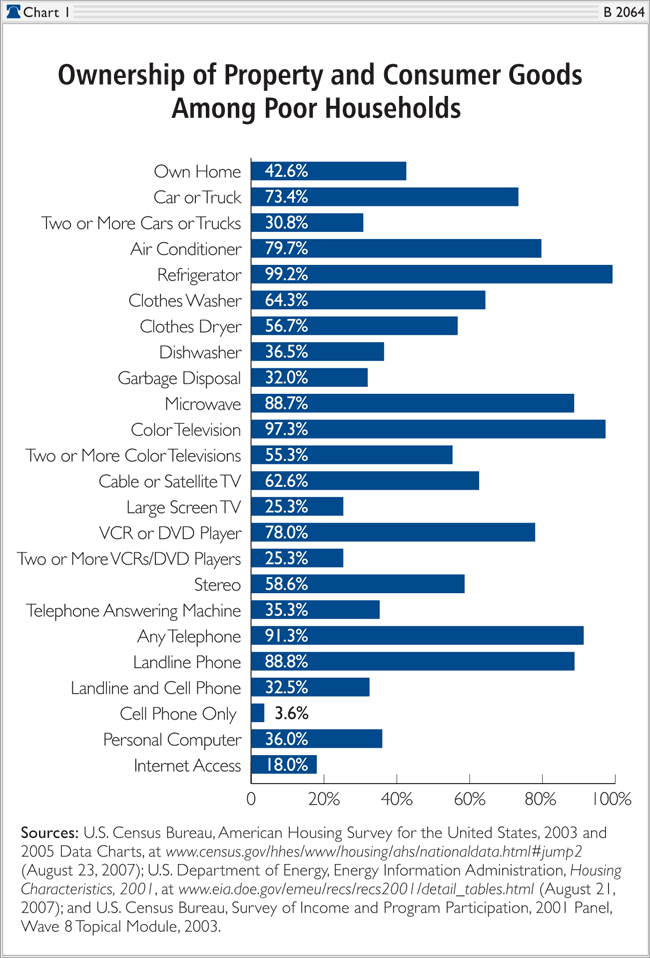Common Speech and Language Disorders - WebMD.
Speech Disorders For children with speech disorders, it can be tough forming the sounds that make up speech or putting sentences together. Signs of a speech disorder include: Trouble with p, b, m.Speech disorder - Speech disorder - Major types of speech disorders: In international terminology, disorders of the voice are described as dysphonia. Depending on the underlying cause, the various types of dysphonia are subdivided by the specifying adjective. Thus, a vocal disorder stemming from paralysis of the larynx is a paralytic dysphonia; injury (trauma) of the larynx may produce.It is a motor speech disorder or paralysis which can affect the muscles of the mouth, face or respiratory system. The muscles become weak or have difficulty moving. This speech issue is caused by muscle shortcoming, strokes, Parkinson’s disease, head or neck injuries, surgical accident, or cerebral palsy. It can make talking really difficult.
Kinds of speech disorder incorporate faltering, apraxia, and dysarthria. There are numerous potential causes of speech disorders, including muscle shortcoming, cerebrum wounds, degenerative sicknesses, hearing misfortune and out from the general public. Speech disorders can influence an individual's confidence and their general personal.Dysarthria is a distinct speech disorder that specifically involves muscle weakness. Read on to learn more about the causes, types, and symptoms of dysarthria, as well as the treatment options.

Dissociative disorders of movement or sensation include convulsions (seizures), paralysis and loss of sensation. There does not appear to be a physical cause, but it seems to be the result of a communication problem within the brain. The symptoms are sometimes confused with neurological disorders like epilepsy or stroke. Dissociative amnesia.












